Diversity Initiatives

At the Department of History we are committed to creating an all-inclusive culture and environment where individuals are able to thrive, irrespective of their background, worldview and identity. This not only means that everybody has an equal opportunity and is not treated differently or discriminated against, but also that differences between people and groups are taken account of and appreciated and, what is probably the most challenging, that we actively promote equality and seek and invite contribution and participation from everyone in our community. Our Equality, Diversity and Inclusion (EDI) Committee, which includes the department’s student representatives as well as staff, functions to monitor and safeguard this process. We are keen to hear your views and experiences in order to understand whether you feel part of your department and university and what we can do to eradicate discrimination of any kind.
It is legally binding for public authorities to promote equality and to ensure that other organisations, such as universities, meet their legal duties to do the same. Further information can be found in the Equality Act 2010 that specifies legal requirements regarding nine protected characteristics: age, sex, pregnancy and maternity, sexual orientation, gender reassignment, race, religion or belief, marriage and civil partnership, and disability. However, we are conscious that there are many more forms of discrimination that take place at university premises and beyond. For instance, people can be made subject of discrimination, as well as implicit bias, microagression and harassment based on their socioeconomic background, such as class, as well as place of origin, such as accent. There is no place for them at our department (For a glossary of terms, see Glossary).
Important initiatives driven by the EDI Committee include: decolonising, Athena SWAN, widening participation, and working with our Public History lead on encouraging public debate (e.g. Black History Month, International Women’s Day, LGBTQ events). We also collaborate with other university and external bodies in organising events and training for both students and staff on EDI issues. We are keen to implement recommendations of the Royal Historical Society's reports into Gender Equality; Race, Ethnicity & Equality; and LGBT+ Histories and Historians.
If you have been affected by bullying and harassment, hate incidents, or sexual misconduct and domestic abuse, these can be reported using Durham University's Report &
Support tool.
Decolonising History
The Department of History is committed to decolonisation, which we recognise as a complex and multifaceted process that encompasses education, research, departmental culture, outreach and student support. To this end, academic staff in the Department of History have formed a Decolonisation Working Group. These pages contain important information about our decolonisation initiatives, as well as resources that we hope will contribute to this endeavour.
Learn more about our decolonisation initiatives
Athena SWAN
The Athena SWAN Bronze Award recognises our commitment to advancing women's careers in academia, progressing our students into academia and improving our work environment for all staff.
Learn more about our Athena SWAN award
Find Out More
Use the links below to learn more about how we are promoting diversity at Durham
Decolonising History
Athena SWAN
Prizes and Fellowships
Resources
What's new?
How medieval monks tried to stay warm in the winter
Hot water bottles, electric blankets and the heating on – some of the ways we try and keep ourselves warm in the 21st century, but how did the medieval monks manage it? Historian Professor Giles Gasper takes a step back in time to explain.
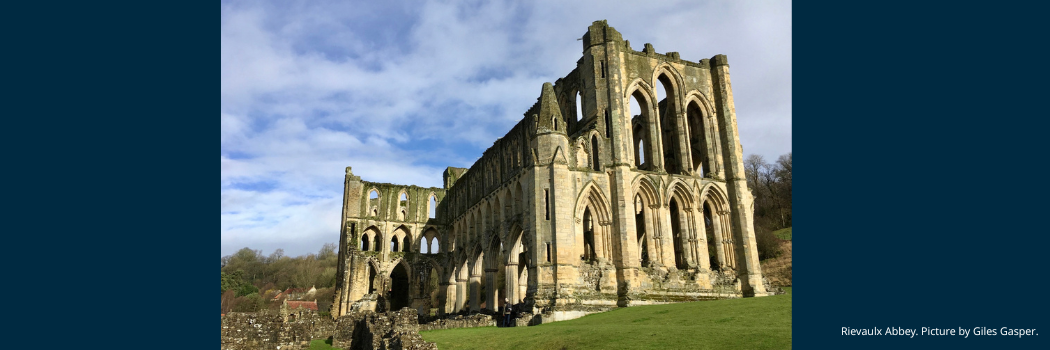
How Medieval monks battled the winter chill: Insights from Professor Giles Gasper
Doubts about women in combat don’t stand up to history
A partnership to create a new Hong Kong Durham East-West research institute
Medieval peasants enjoyed a surprising range of sick, annual and bereavement leave benefits
Pioneering gay politician honoured, with help from historians
Raila Odinga: the man who changed Kenya without ever ruling it
Durham Hosts Week of Events Honouring Black History and Reparative Justice
A vibrant week of events (20–23 October 2025) will take place across Durham, exploring Black history, reparative justice, and decolonial thought. Organised as part of the ESRC Festival of Social Science, the programme brings together scholars, students, and community members for walking tours, film screenings, and keynote lectures that highlight critical conversations around race, memory, and historical responsibility.



/prod01/prodbucket01/media/durham-university/departments-/history/77231.jpg)
/prod01/prodbucket01/media/durham-university/departments-/earth-sciences/edi/86245.jpg)
/prod01/prodbucket01/media/durham-university/departments-/history/77165.jpg)
/prod01/prodbucket01/media/durham-university/external-location-photography-/campus-shots-/79677.jpg)
/prod01/prodbucket01/media/durham-university/departments-/combined-honours-in-social-sciences/16115.jpg)

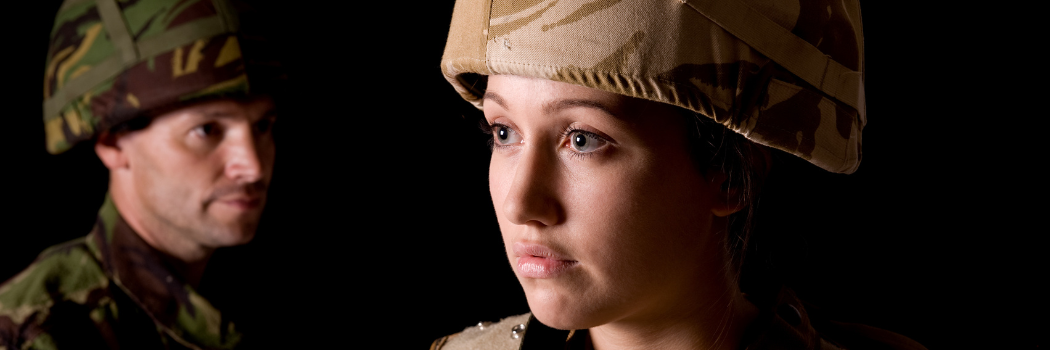
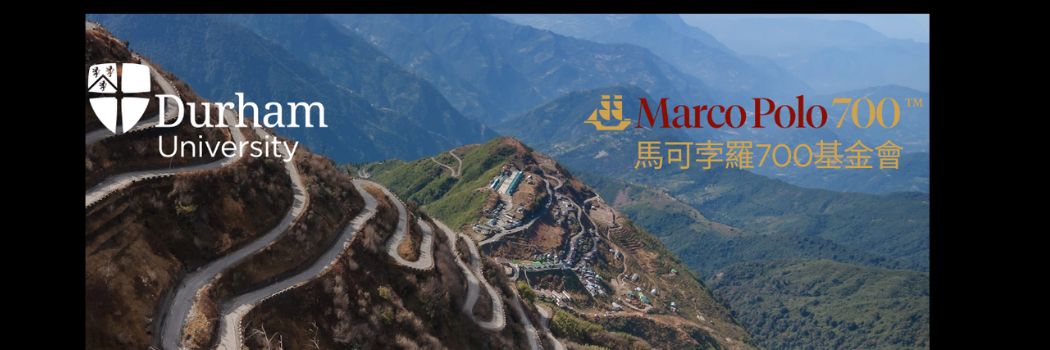
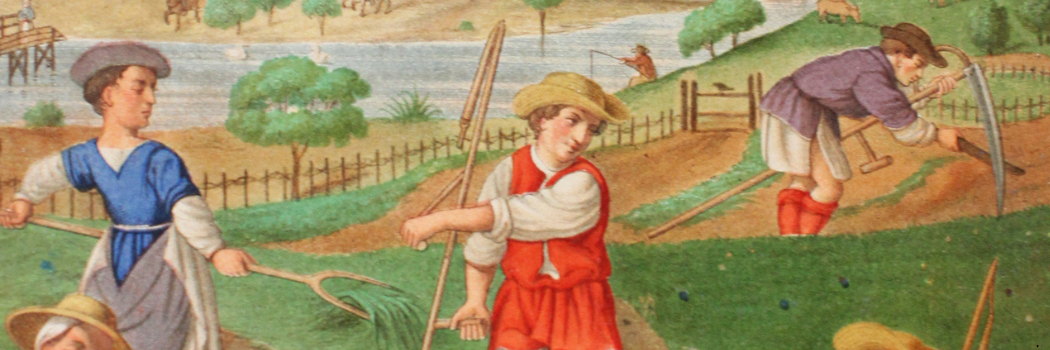
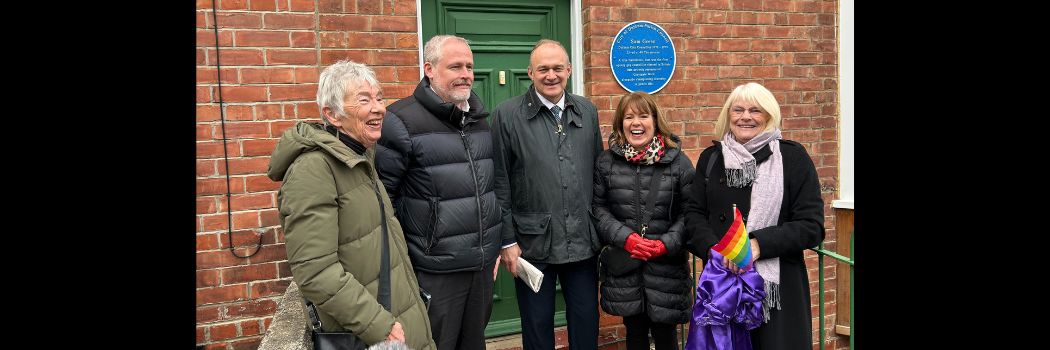
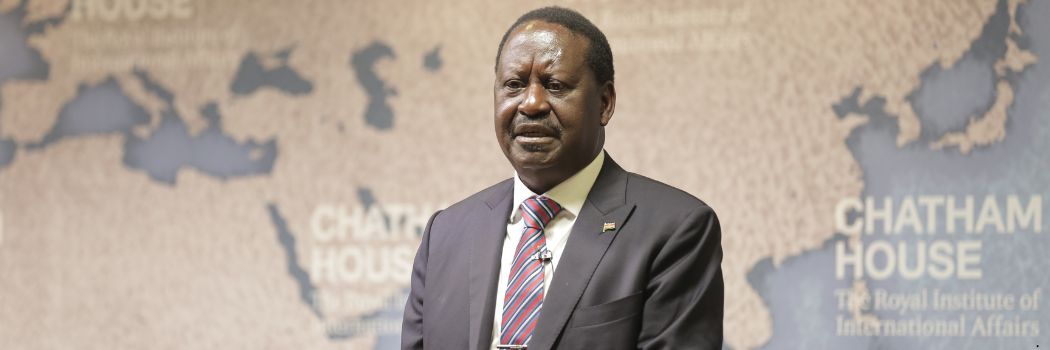
.png)